
Question More, Action Knowledge.
Remember, at QMAK, we don’t just teach; we empower. We don’t just inform; we inspire. We don’t just question; we act. Become a Gold Member, and let’s unlock your child’s full potential, one question at a time.
In today’s rapidly evolving world, education transcends traditional classrooms and textbooks.
At QMAK, we introduce ‘Consciousness Elevation‘ — a transformative approach that fosters curiosity, critical thinking, and a profound understanding of oneself and the world.
This method encourages learners to actively engage with their education, cultivating a mindset of inquiry and discovery.
By moving beyond mere information acquisition, students develop deeper comprehension and apply knowledge meaningfully.
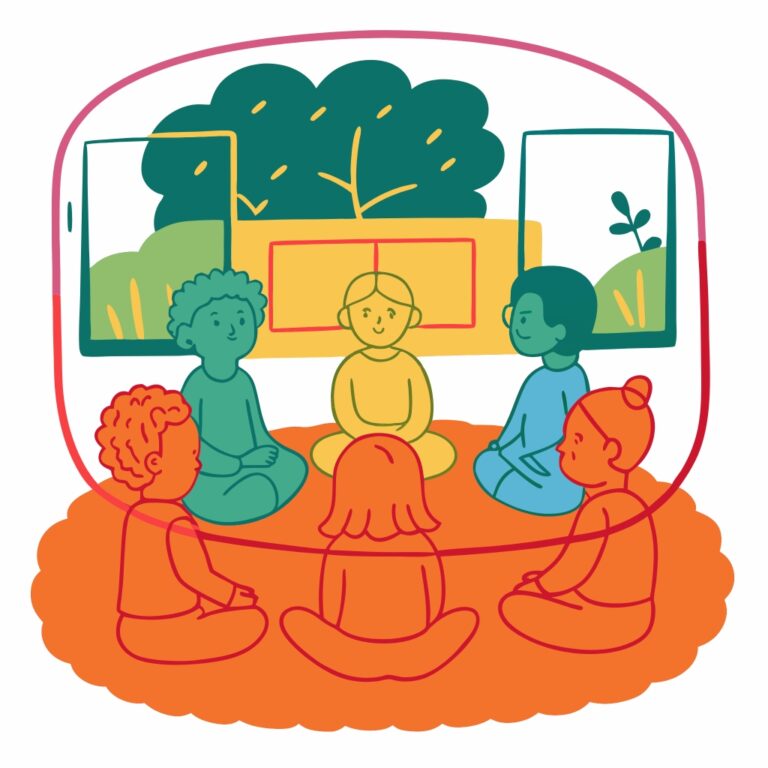
Parents play a pivotal role in this journey. By modeling inquisitiveness and participating in thoughtful discussions and activities, they create a shared educational experience that elevates the consciousness of the entire family.
Central to our philosophy, Consciousness Elevation drives our mission to revolutionize the homeschooling experience.
Discover the power of Consciousness Elevation with QMAK and embark on a transformative journey of questioning, discovery, and action.
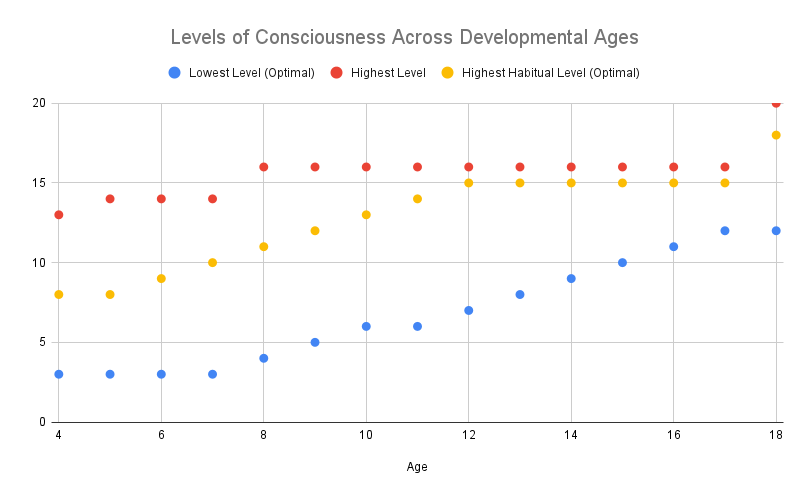
Here are objectives and goals for each grade level to support children in reaching the desired levels of consciousness at different ages:
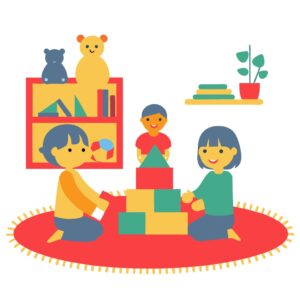
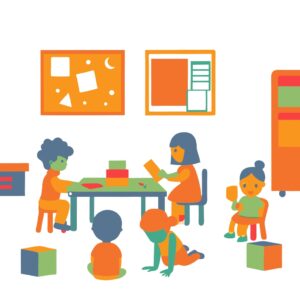

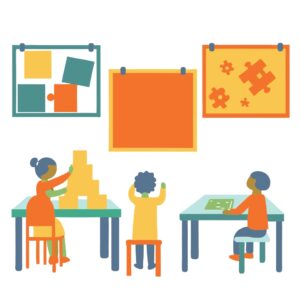
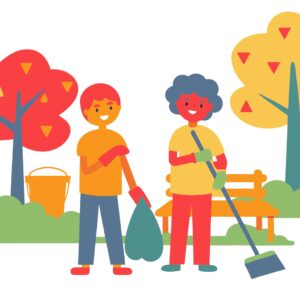
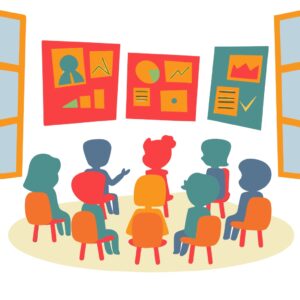
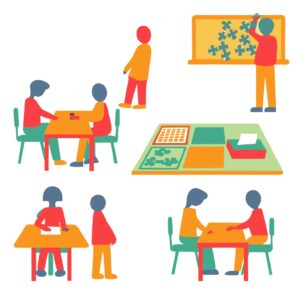
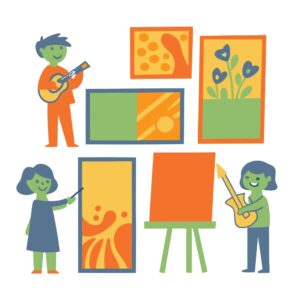
By focusing on these objectives and goals at each grade level, we can support your children’s holistic development and help them reach the desired levels of consciousness as they grow and mature.
Ready to implement these objectives with your child?
Visit our Developmental Growth Objectives for Lifelong Learning page for detailed activities and practical approaches designed for each age group.

Remember, at QMAK, we don’t just teach; we empower. We don’t just inform; we inspire. We don’t just question; we act. Become a Gold Member, and let’s unlock your child’s full potential, one question at a time.